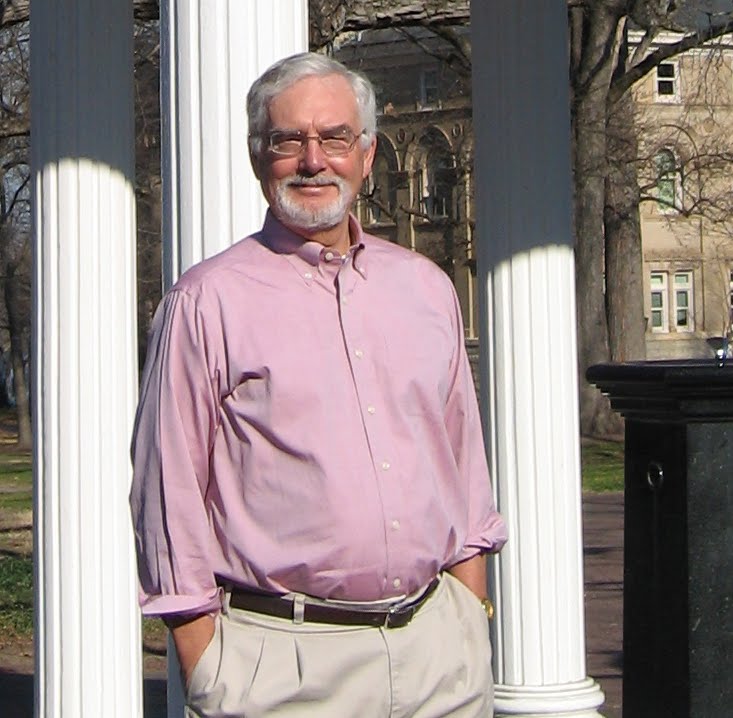
A new report by Charles Kurzman, a sociology professor in the College of Arts and Sciences at the University of North Carolina at Chapel Hill, documents a 40 percent drop in the number of Muslim-Americans associated with violent extremism in 2016, as compared with the previous year. This drop was overshadowed by the mass shooting in Orlando, Florida, in June 2016.
Only 20 percent of these individuals had family backgrounds in one of the seven Muslim-majority countries designated for immigrant bans by the Trump administration.
The report, published annually since 2010 by the Triangle Center on Terrorism and Homeland Security, offers systematic evidence on the pressing issue of terrorism. Data from past reports has been cited in Congressional testimony, White House policy documents, national and international media and scholarly work on the subject.
Almost half of the 46 Muslim-Americans associated with violent extremism in 2016 traveled or attempted to travel to join militants in Syria, Iraq and Libya. Since 2012, a total of 65 Muslim-Americans have succeeded in joining militants abroad, according to the report. More than half of these individuals have since been killed or detained.
“Contrary to alarmist political rhetoric, the appeal of revolutionary violence has remained very limited among Muslim-Americans,” said Kurzman. “Let’s use this empirical evidence to guide our policy-making and public debates on violent extremism.”
Kurzman noted that Muslim-American extremists have caused 123 deaths in more than 15 years since Sept. 11, 2001. Over the same period, there have been more than 230,000 murders in the United States, and 188 lives were lost in mass shootings in 2016 alone. This figure does not include the victims of Muslim-American extremists.
“The data in this report contradicts two common narratives in our polarized discourse about terrorism,” said David Schanzer, director of the Triangle Center on Terrorism and Homeland Security. “First, it is flatly untrue that America is deeply threatened by violent extremism by Muslim-Americans; attacks by Muslims accounted for only one third of one percent of all murders in America last year. Second, it is also untrue that violent extremism can be ignored as a problem within the Muslim-American community. Collaborative efforts between government agencies and Muslim-Americans to address this problem are justified and needed.”



